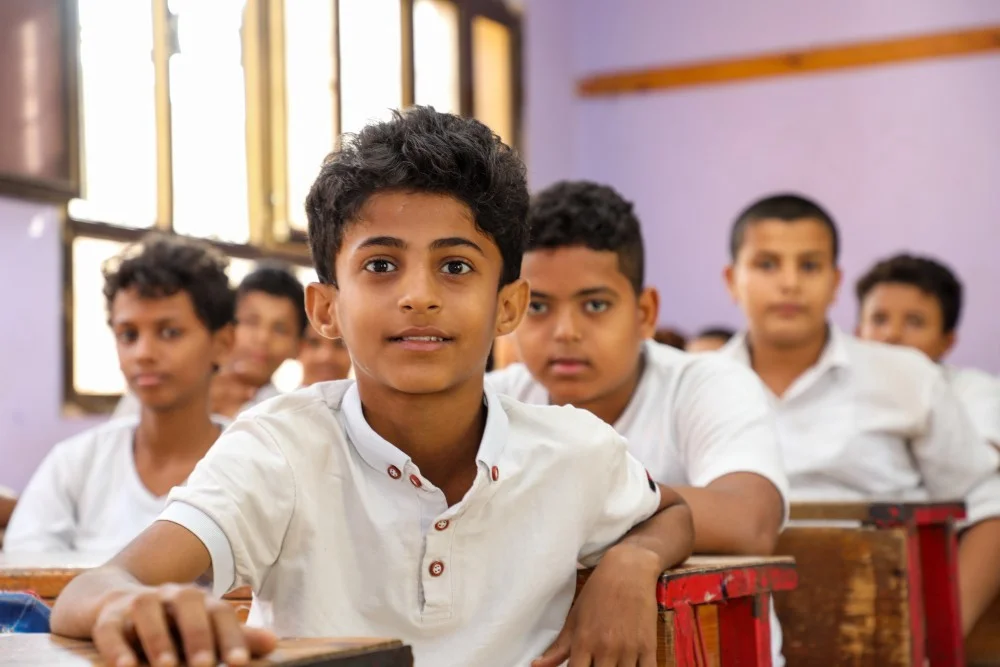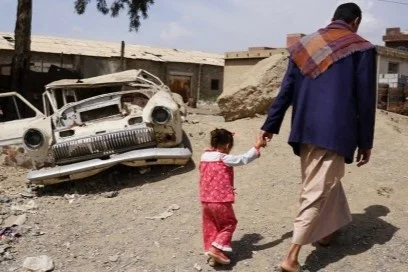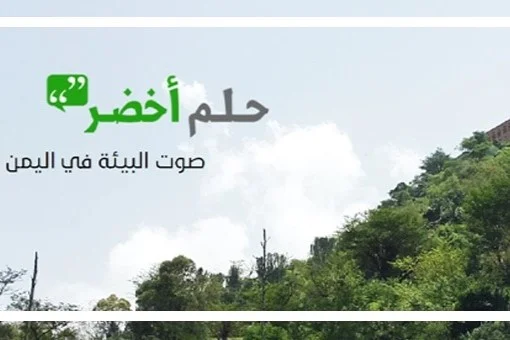Helping children and young people in Yemen to achieve better education

Universal and equitable access to quality education is a human right and a key to sustainable development. Appropriate education facilities lay the foundation for quality education and pave the way for sustainable development.
Less than a year ago, Idriss Hanbala’s elementary school in Mansoura Directorate in Aden was a mess. The school buildings in ruins have remained intact and have not been properly maintained. Students and teachers are required to use old and worn-out school furniture.
Now, after the renovation of the building, the school principal, over 1,370 students and 82 teachers had a healthy and stimulating learning environment.
Will for success
Since 1991, school buildings have only been rehabilitated several times, and this was a long time before the conflict in Yemen. The conflict had made our dreams for the rehabilitation of the school extremely difficult.
I have been faithful to many positions within the same school for the past 20 years. For the past six years, I have received the most important position in school, the principal of the school.
As a wife and mother of four children, the sincere recognition of the importance of helping to build a new and strong generation by providing adequate education as a people is our hope and our future. Despite the difficult economic conditions of all teachers, including those on temporary appointments and volunteers, we are struggling to maintain the cycle of education.
Although it’s hard to change that situation, I honestly thought there should be light at the end of the tunnel. It has therefore begun to use its personal and professional networks to seek support from the Government and non-governmental organizations, both national and international.
As the principal of the school, it made me more responsible for providing better education to students.
I have begun to send letters to the local authorities and the Ministry of Education. I was able to get some simple rehabilitation work and basic equipment, such as offices and chairs, to continue the educational process. However, those interventions were only essential and did not address the essence of the need, namely, the overall change in the school environment and structure.
It says fidelity: during the 2020 rainy season, heavy rain destroyed hundreds of students ' personal files in the school archives because water was leaking from the ceiling. Overall, the school was in very poor condition with walls and cracked roofs, broken doors and windows, and outdated furniture.
Through funding from the European Union for the UNDP project Strengthening Institutional and Economic Flexibility in Yemen (SIERY), the project identified Idriss Hanbala School and 35 other schools as priority institutions for society to rehabilitate through the public works project. After being identified by departmental officials in collaboration with the communities, these projects were funded by the local resilience and recovery fund at the local level. (SIERY)
For Idriss Hanbala school, interventions included roof repair, walls, doors, windows and sanitation facilities, school painting, provision of new white plates, electrical connections, etc.
 Algeria
Algeria Bahrain
Bahrain Comoros
Comoros Djibouti
Djibouti Egypt
Egypt Iraq
Iraq Jordan
Jordan Kuwait
Kuwait Lebanon
Lebanon Libya
Libya Mauritania
Mauritania Morocco
Morocco Oman
Oman Palestine
Palestine Qatar
Qatar Saudi Arabia
Saudi Arabia Somalia
Somalia Sudan
Sudan Tunisia
Tunisia UAE
UAE Yemen
Yemen


